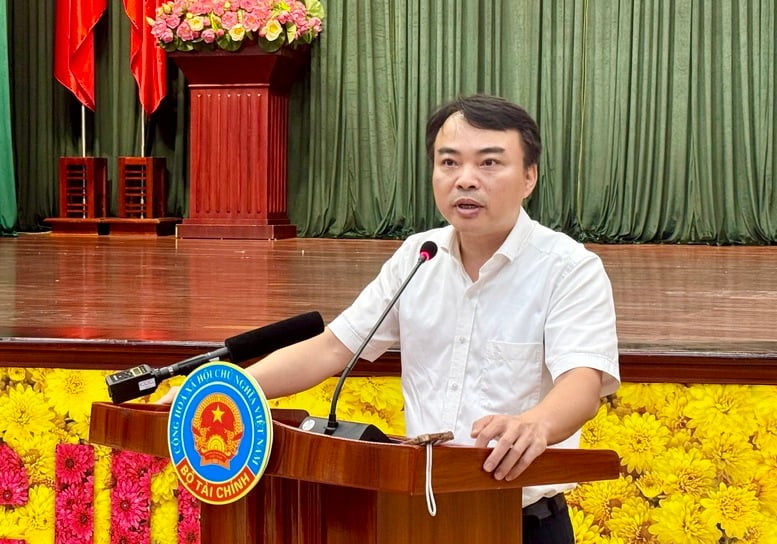
Mr. Pham Thy Hung, Deputy Director of the Bidding Management Department, Ministry of Finance - Photo: VGP/Minh Ngoc
Speaking at the regular press conference of the second quarter of the Ministry of Finance (afternoon of July 2), Deputy Director of the Bidding Management Department Pham Thy Hung said that Decree 180/2025/ND-CP on mechanisms and policies for public-private partnership in the field of science and technology development, innovation and digital transformation takes effect from the time of signing and promulgation, in which the forms of public-private partnership are stipulated. Specifically: Investment under the Investment Law in the form of public-private partnership (such as BOT, BTO, BTL, O&M, BT contracts...); forms of joint ventures and associations according to the provisions of the Law on Management and Use of Public Assets; other forms of public-private partnership such as: Cooperation in the form of State funding, ordering, and 3-party cooperation.
The Decree has identified the types of technology and products in the direction of prioritizing public-private cooperation in the fields of digital transformation, human resource training, and digital infrastructure, while also providing open regulations for parties to choose other types and products suitable for the orientation of scientific research, technology development, innovation, and digital transformation.
At the same time, it is necessary to stipulate preferential policies and investment guarantees with specific and outstanding characteristics to encourage the private sector to participate in scientific research cooperation and technology development such as: Financial support from the state budget, special incentives on corporate income tax, land, risk sharing, exemption from paying minimum revenue in joint venture and association activities.
The order and procedures for implementing each form of cooperation in the direction of maximally simplifying procedures and promoting decentralization in the management and implementation of public-private partnership activities are also specifically regulated by the Decree.
During the process of drafting the Decree, the Ministry of Finance has proactively coordinated with ministries, branches and technology corporations to research and prepare a number of projects and public-private partnership activities that can be implemented after the Decree is issued. For example, the Semiconductor Incubation and Development Center at the National Innovation Center; the Project of using public assets to develop an innovation ecosystem at NIC Hoa Lac implemented according to the Investment Law under the public-private partnership model (chaired by NIC and the Ministry of Finance); the construction of the Hanoi Innovation Center implemented in the form of 3-party cooperation (implemented by the Hoa Lac High-Tech Project Management Board, CMC Group, and University of Science and Technology)...
Mr. Pham Thy Hung also affirmed that the Ministry of Finance will accompany agencies and units to solve legal and procedural problems, as well as provide professional support and advice.
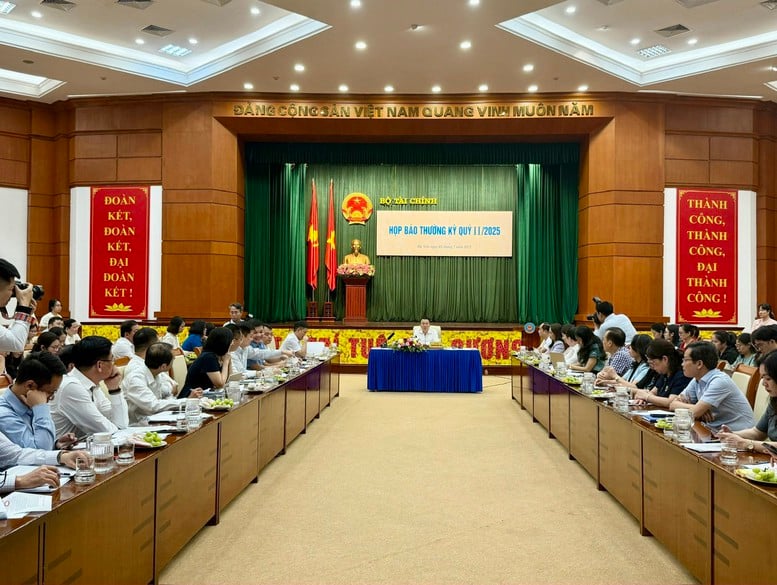
The regular press conference for the second quarter of the Ministry of Finance took place on the afternoon of July 2 under the chairmanship of Deputy Minister Nguyen Duc Chi - Photo: VGP/Minh Ngoc
Many new points " untie " attracting private investment through PPP
The Law on Investment under the Public-Private Partnership (amended and supplemented by Law No. 57/2024/QH15) has expanded the field of investment under the PPP method to all fields, abolishing the minimum capital scale for PPP projects. At the same time, the State capital participation rate in PPP projects is applied to 70% of the total investment for some specific groups of projects.
"This regulation has removed many practical difficulties, "unleashing" the activity of attracting private investment through the PPP method in all investment fields," Mr. Hung emphasized.
In addition, Law No. 90/2025/QH15 amending and supplementing 8 laws in the financial sector continues to amend and supplement the Law on Investment under the public-private partnership model in the spirit of enhancing decentralization, minimizing unnecessary intermediate administrative procedures, and adding many outstanding support and incentive policies for science and technology projects in particular and projects in other fields.
Specifically, the maximum decentralization of the Prime Minister's authority to ministries, branches and localities in deciding on investment policies and approving PPP projects; empowering the Minister or Chairman of the Provincial People's Committee to decide on the form of selecting investors suitable for the project.
At the same time, reduce intermediate or unnecessary procedures such as: Eliminate the mandatory procedure of establishing a PPP project appraisal council, empower agencies to decide whether or not to establish an appraisal council; eliminate the procedure of deciding on investment policies for some project groups; eliminate the regulation requiring investors to have experience in implementing similar projects; expand the cases in which investor designation, special selection, ordering, and assignment of tasks for PPP projects can be applied...
Notably, many outstanding preferential policies have been added for science and technology PPP projects to meet the policy of promoting public-private cooperation in the fields of science, technology, innovation and national digital transformation according to Resolution No. 57-NQ/TW of the Politburo, such as: Simplified procedures; being able to designate investors, special selection for science and technology enterprises with ownership or right to use strategic technology; being supported with 70% of state capital to invest in the construction of science and technology works; the State sharing the risk of revenue reduction in the first 3 years after the time of operation and business and many other preferential policies.
At the same time, many difficulties and obstacles for investors and enterprises in implementing PPP projects in the past time must be resolved, ensuring the principle of "harmonized benefits and shared risks", such as: Not requiring the establishment of a PPP project enterprise; PPP project enterprises are allowed to do business in industries outside the scope of the PPP project contract; handling the problem of reduced revenue of BOT projects in the road sector.../.
Minh Ngoc
Source: https://baochinhphu.vn/chinh-sach-uu-dai-vuot-troi-cho-du-an-hop-tac-cong-tu-linh-vuc-khcn-doi-moi-sang-tao-102250702173500109.htm








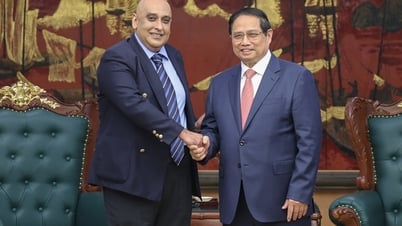
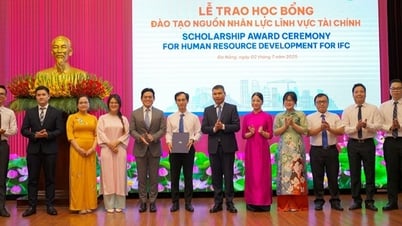
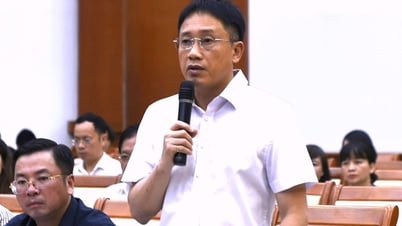
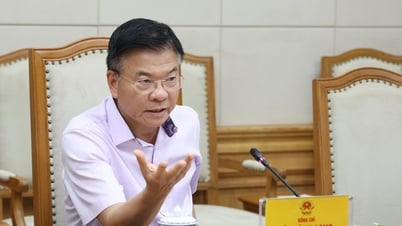
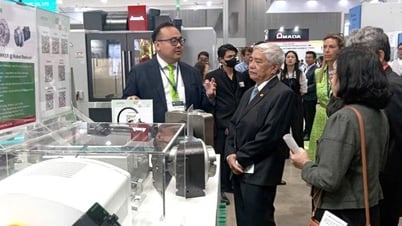





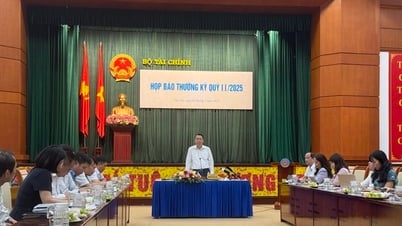
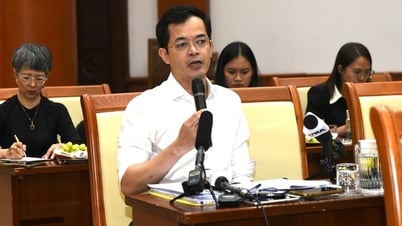


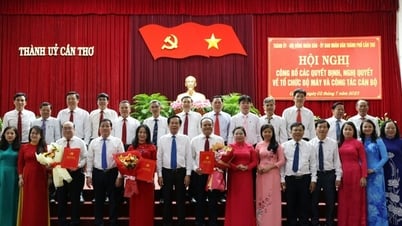
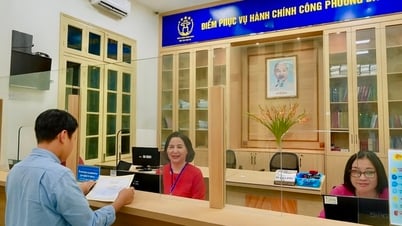

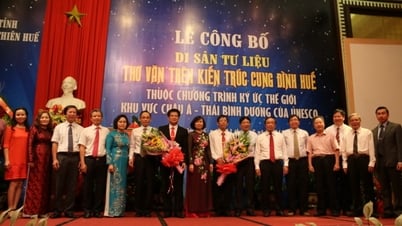

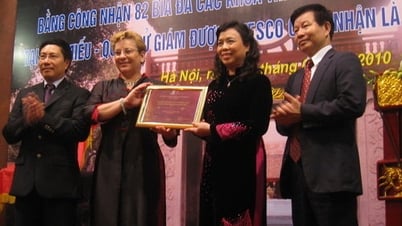



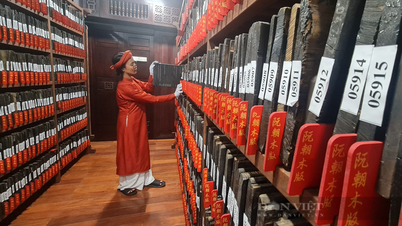











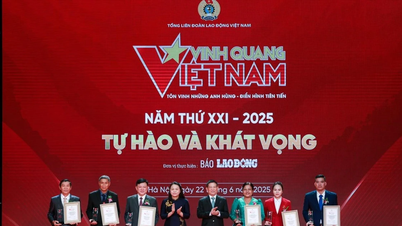



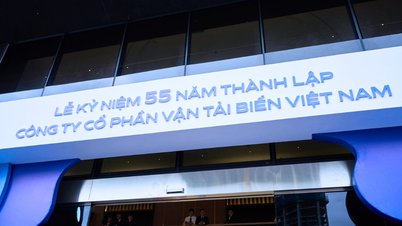



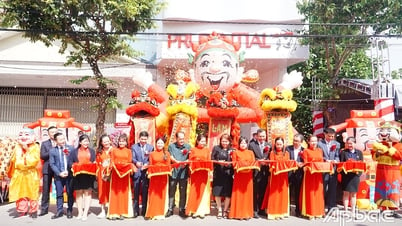



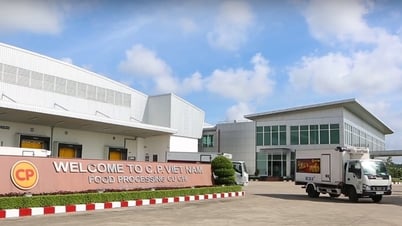


![[Photo] General Secretary To Lam attends the launch of 3 digital platforms serving the implementation of Resolution No. 57-NQ/TW](https://vphoto.vietnam.vn/thumb/402x226/vietnam/resource/IMAGE/2025/7/2/d7fb7a42b2c74ffbb1da1124c24d41d3)


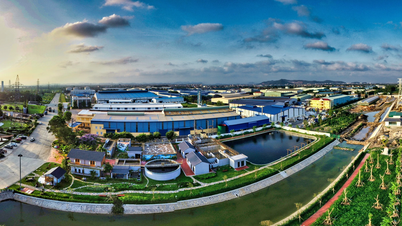

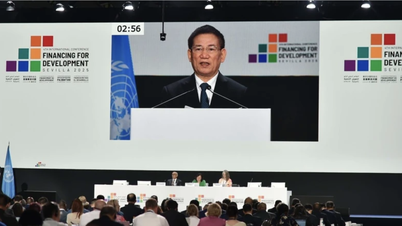

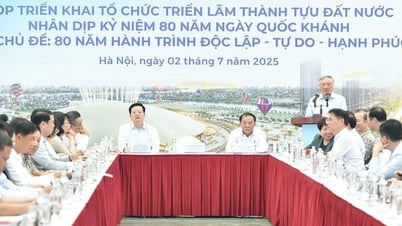
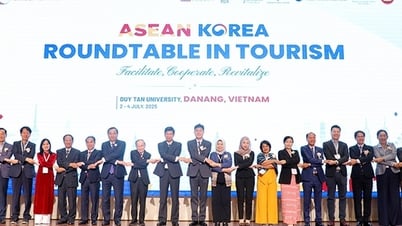

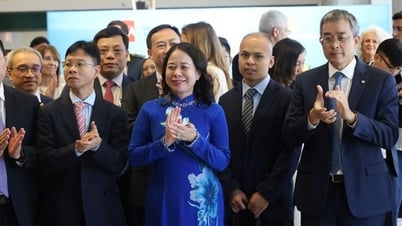


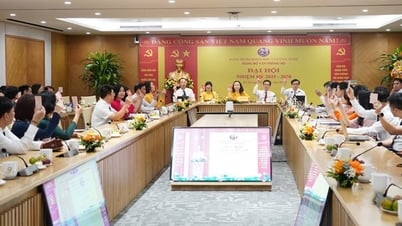
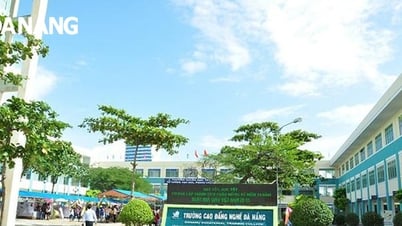

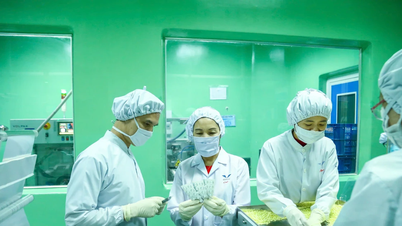









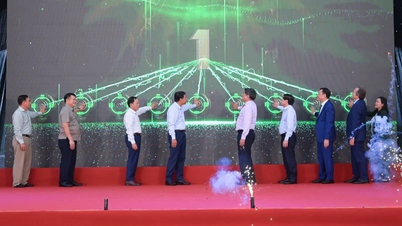









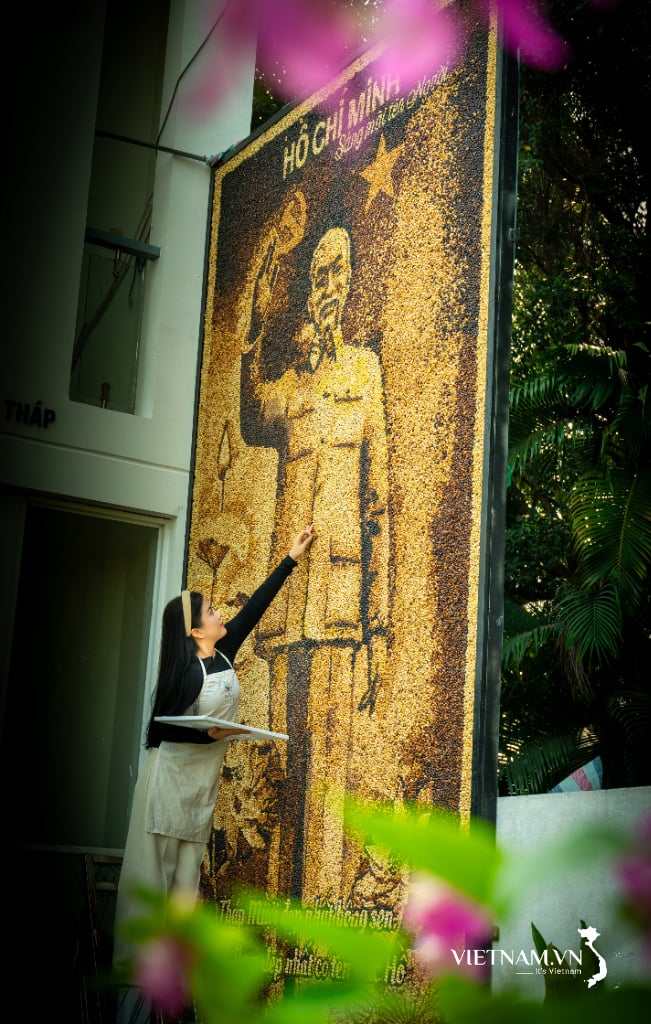



Comment (0)